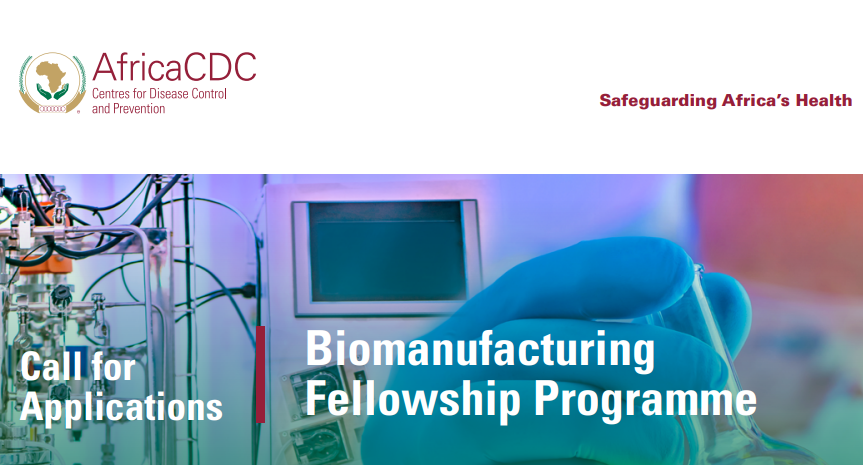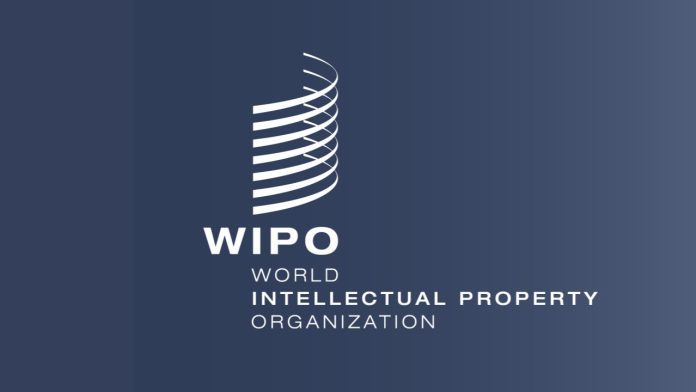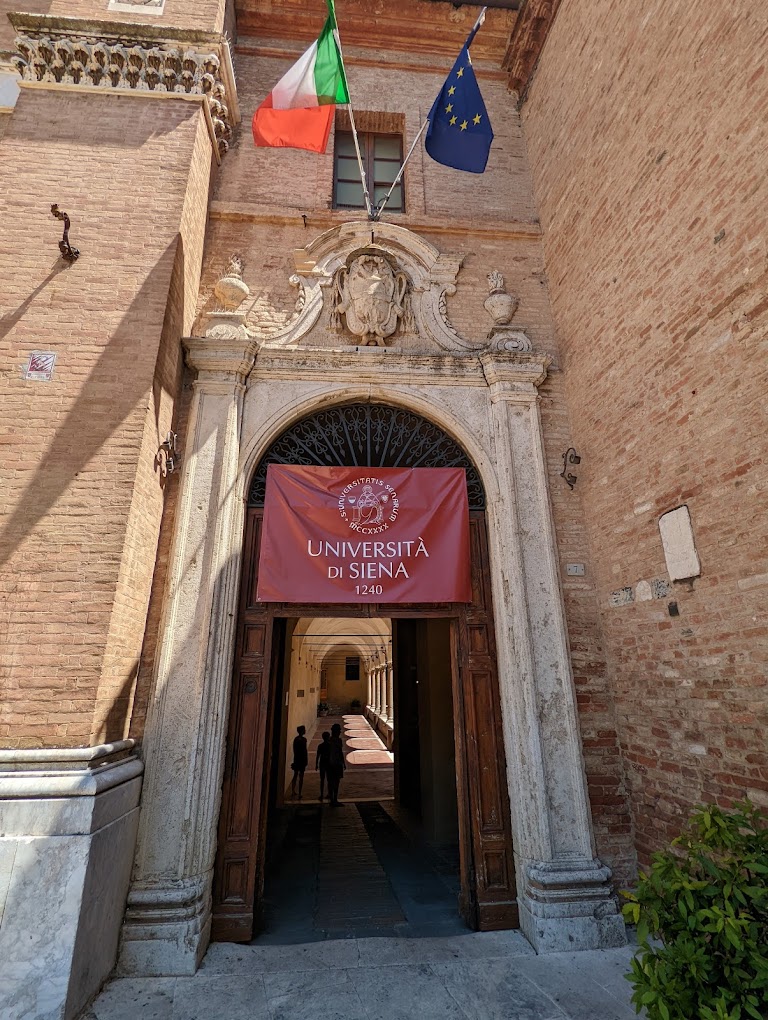Translational modelling of transporter in vitro kinetic data: application of physiologically-based pharmacokinetic models Dr Aleksandra Galetin, Professor Brian Houston & Dr Karelle Menochet The aim of this fully-funded 4-year PhD project is to investigate the interplay between hepatic uptake transporters and metabolic enzymes in a range of cellular systems and translate generated in vitro data to in vivo. The research is in partnership with UCB Celltech and incorporates an industrial training placement. Increases in metabolically stable, low permeability drug molecules in drug development resulted in recognition of the role of active hepatic uptake mediated by Organic Anion Transporting Proteins (OATPs) in drug disposition and safety. A number of substrates of hepatic uptake transporters (e.g., OATP1B1) are anionic drugs subject also to metabolism by different phase I and II metabolic enzymes. Significant improvements have been made in understanding of transporter kinetics in hepatocytes by using 2- or 3-compartment mechanistic models including media, cellular and bile compartments for the analysis of in vitro data. These complex in vitro models allow characterisation of multiple processes in hepatocytes with the aim to provide more mechanistic parameter estimates for subsequent translation to in vivo using physiologically-based pharmacokinetic (PBPK) approaches. However, current datasets are very limited. This research will aim to use different cellular systems to generate transporter kinetic data and measure transporter expression using state-of-the-art proteomics technology. PBPK models will be developed for the drugs investigated to assess the predictive utility of the generated in vitro data and allow translational modelling of the transporter-mediated human pharmacokinetics. Successful completion of this PhD would provide an ideal platform for progression into a variety of career positions within academic or industrial settings involving biotechnology, modelling and simulation. Applicants should hold (or expect to obtain) a minimum upper-second honours degree (or equivalent) in pharmacology, biochemistry, or a related chemistry/biological science area. Strong mathematical background is essential. Previous experience of in vitro systems (e.g., hepatocytes) or cell culturing and mathematical modelling would be an advantage. This 4-year full-time studentship provides full support for UK/EU tuition fees and an annual minimum tax-free stipend of £17,726. The project is due to commence in October 2014 and is open to UK/EU* nationals only due to the nature of the funding. There may be scope to commence the project earlier in 2014 if this is the preference of the selected candidate. Please click on the 'Apply' button below to apply via email. Please direct applications in the following format to Dr Aleksandra Galetin:
- Academic CV
- Official academic transcripts
- Contact details for two suitable referees
- A personal statement (750 words maximum) outlining your suitability for the study, what you hope to achieve from the PhD and research experience to date
Scholarships are not only for the smart students. Anyone can get scholarships


















Have a Question about this Scholarship?